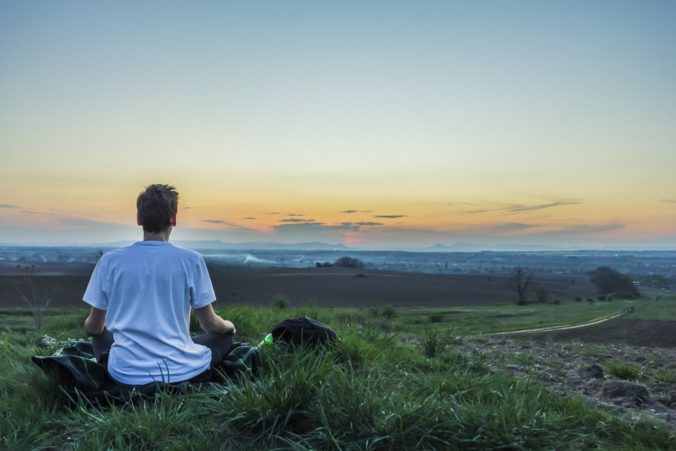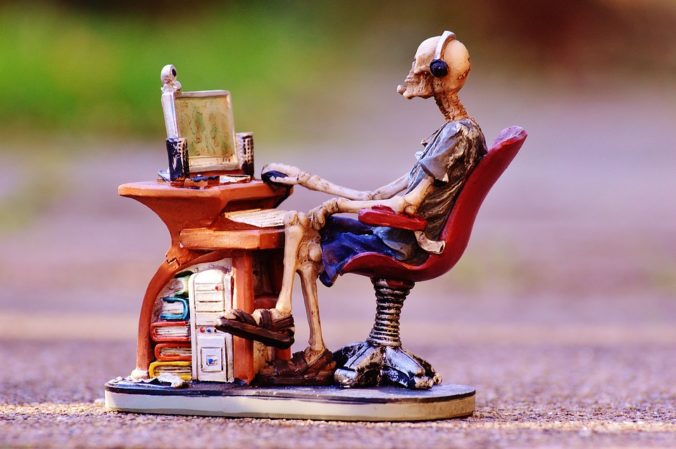Page 3 of 53
Why do we run from love? Why do we run from what’s good for us?
In this life of contradictions that we are, sometimes we embrace love with all the courage in the world, and other times we run from it out of sheer terror and fear. I often tend towards the latter.
Deep down we don’t believe that we’re really worth loving. So we sabotage something that is really good, or we isolate ourselves when we’ve been invited to an event with good people who love us.
There is a profound little scene in the gospels where Peter has just caught a huge catch of fish after Jesus told him to put his net over the other side of the boat. Peter is not gobsmacked at the unbelievable amount of fish he has just caught; he is gobsmacked by the unbelievable generosity that Jesus showed him. He is so gobsmacked he can’t handle it. He tells Jesus to go away “for I am a sinful man.” Peter expresses the deep down belief of most of us, that we don’t deserve such outrageous love, especially when we haven’t done anything to earn it. But Jesus believes in Peter, knowing that Peter will stuff up (as he does later on, big time). Jesus says, no, I want you, with all your flaws, all your faults. Because I love you. In fact, you’re going to be the leader of this movement when I go. And Peter does, knowing his own weaknesses, but trusting in the love he has been given.
I heard a preacher say once that when we get to the end of our lives, one of the biggest things we are going to say is why didn’t we take more risks? We spend our lives turning ourselves away from love, keeping ourselves safe from hurt. Love is always risky, by its very nature it is open to hurt because it might not be returned. But as Mother Teresa said, love anyway.
C.S. Lewis said that we can lock ourselves away in our cocoon, safe from the world. In that cocoon we won’t be hurt, we won’t need to take any risks, and we can be sure that we will be safe. But in that cocoon you will slowly die, you will slowly rot away from who you really are, because you won’t know the freedom of living. Yes, when you love you will be hurt, but you will be alive. A heart that hurts is a heart that beats, sing U2, the band that more than any other has written the soundtrack of my life.
We run from love and find ourselves running toward the hell of our own loneliness. I do it so often I don’t even realise it. I don’t want to get hurt, I can’t bear the loss of rejection. But when I remember that love is the only way forward, and that I don’t need to prove my worth to anyone because I am already loved, then I can love others and be ok when that love is not returned. That’s not to say it doesn’t hurt; it does and I hate it. But I can cope.
Why do I walk away? Why do I run from love? There is something in me that doesn’t want to take that risk. But when you do, when you move forward in courage, you will be ok even if that love is not returned, or if it is thrown back in your face.
We love because God first loved us. That’s the incredibly fortunate position we are in. We don’t have to make the first move. It’s already been done for us. You have nothing to prove. We already have what we crave; we just need to accept it. And when we reject it, we can get up again because that love never leaves us. Nothing can take it away.
Martin Luther King said the moral arc of the universe is long, but it bends toward justice. It also bends towards hope and love.
I refuse to believe we are a meaningless conglomeration of atoms in the cosmic dark. I believe there is purpose in this universe, despite the hatred, despite the lies, despite the despair. Despite my brokenness, despite my lies, despite my judgmentalism, my fear, my resentments and my demand for affirmation.
God help me to run into the arms of your love, and to be not afraid to be held, to be weak, not afraid to give up my illusion of control. Help me to not run from love, but to surrender.
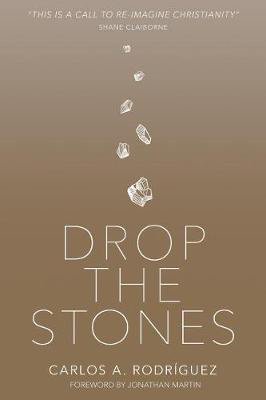 Sometimes you read a book and you get a sense that you want to be the sort of person the author is writing about. Drop The Stones is just such a book.
Sometimes you read a book and you get a sense that you want to be the sort of person the author is writing about. Drop The Stones is just such a book.
The author, Carlos Rodriguez, is a pastor, teacher and blogger who loves to write about his love of Jesus and of the grace he brings to broken people. This, his second book, is about the grace and forgiveness we see Jesus display in the story of the woman caught in adultery in John 8:2-11. Interestingly, this is a story that almost didn’t make it into the gospel narratives, and some think it may have been added later. Whether it actually happened or not, it is entirely reflective of the love and grace of Jesus and gives us a wonderful look at just who Jesus is. And it is this that Rodriguez wants his readers to discover.
The book is divided into three sections. It looks at the story through the lens of the woman caught in adultery, the Pharisees who wanted her stoned, and Jesus who refused to condemn her. The emphasis of the book is on the fact that each of us can see ourselves in all three characters at different times in our lives. I know I certainly can and have, and the author is the same. That is actually one of the attractions of this book; Rodriguez is disarmingly honest and humble about his own weaknesses and where he has failed to be Christlike in his attitudes and actions at various times in his life. At the same time, he is glowing about others, especially his wife and others in his church community.
The other attraction of this book is that each chapter is only a few pages long and is generally told as a story of someone who has shown the love that Jesus showed to the woman. The shortness of the chapters makes the book easy to read and get into.
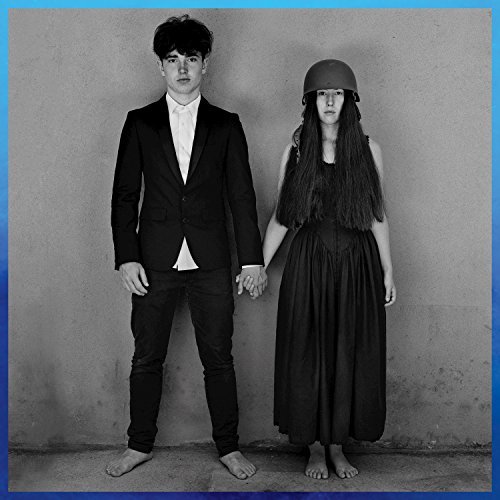 There is something about a U2 album that speaks to your heart, that goes deeper than most other music does, that reaches where other music can’t or daren’t. That has always been their gift, and Songs of Experience is destined to go down as a classic of this type.
There is something about a U2 album that speaks to your heart, that goes deeper than most other music does, that reaches where other music can’t or daren’t. That has always been their gift, and Songs of Experience is destined to go down as a classic of this type.
This album really does come across as a group of songs of experience, the experience that only comes from years of living in this mixed up world. Bono has recently remarked about his own sense of mortality as he gets older. He has talked about some occurrences in his life that have made him realise he is not invincible. These songs reflect that. These are songs of maturity, as well as the typical songs of hope and defiance in the face of an unjust world that have set this band apart for nearly 40 years.
It’s interesting that an album like this is being released just after the band completed its Joshua Tree thirty year anniversary tour. These new songs of experience complement well the songs of righteous rage that were so profound on that landmark album all those years ago (and which, sadly, are suddenly relevant again).
 The human tragedy that is the situation on Manus Island has horrified thousands of Australians. Personally, I have never felt so angry and disbelieving that our Government could be so cruel and unjust. What the ongoing tragedy has also confirmed to me though is that the life of following Jesus, the life we experience in following Jesus, is gained by going out of our comfort zones. Let me explain.
The human tragedy that is the situation on Manus Island has horrified thousands of Australians. Personally, I have never felt so angry and disbelieving that our Government could be so cruel and unjust. What the ongoing tragedy has also confirmed to me though is that the life of following Jesus, the life we experience in following Jesus, is gained by going out of our comfort zones. Let me explain.
Last week I called the offices of some MPs about the abandoned men on Manus. I don’t like making phone calls like that. I get nervous about how I’m going to come across, and I procrastinate. After the first call, I was surprised at how uncomfortable I felt doing this. I feel much more comfortable behind my keyboard on my laptop writing to an MP rather than calling their office to express my disgust. It’s part of my dislike of conflict. So, when I decided to call, I just wanted to get it over with.
 I almost made the calamitous mistake of choosing not to go and see Midnight Oil on their current ‘Great Circle’ tour. I figured I had seen them a couple of times previously, and I could do something else with the $100 that was the ticket price. I won’t make that mistake again. What was I thinking?!
I almost made the calamitous mistake of choosing not to go and see Midnight Oil on their current ‘Great Circle’ tour. I figured I had seen them a couple of times previously, and I could do something else with the $100 that was the ticket price. I won’t make that mistake again. What was I thinking?!
So, when the opportunity came up last week to grab a ticket, my impulsive nature made an uncommonly good decision. I paid the price and got my ticket.
As I stood on the lawn of the Sidney Myer Music Bowl as the band came onto the stage, storm clouds were gathering around Melbourne and the rain was gaining momentum. The cool change had come and I was getting wet. But it didn’t matter. I was glad that stupidity hadn’t gotten the better of me by knocking back the chance at being here. This was the Oils at the Music Bowl. I looked around at the crowd, represented by a few generations as Peter Garrett broke into the famous, maniacal dance moves that only he can do. I couldn’t get the smile off my face. You know when you’re glad you’ve made a wise decision, and this was one of those times.
I first started following the Oils as a 13 year old. They have been part of my life for 35 years, and they are as good and energetic today as they were back in those heady days of the early 1980s when songs like ‘US Forces’, ‘Short Memory’ and ‘Read About It’ became legendary Australian rock anthems almost as soon as they were released.
The aura that Midnight Oil have had about them comes down to a few factors: no-nonsense, intelligent, unflinching political and social commentary which is as prophetic as it is bold, a tall, bald singer whose dance moves are uniquely natural and at the same time almost out of control, a passion and energy that brilliantly complements the lyrics of their songs, and finally, just really, really good, raw, authentic (non-manufactured) rock ’n’ roll.
It is a sad irony that many of their songs which were made so famous in the ’80s and ’90s are suddenly relevant again. ‘Blue Sky Mine’ is now an indictment on the Adani coal mine, and ‘US Forces’ brings up nightmarish images of Donald Trump’s massive spending increases on the military and his fawning of nuclear weapons.
The other thing that grabbed me about this tour was the impact of the legacy of Peter Garrett’s own political career. All now seems forgiven after he was seen by many to have sold out by entering the bureaucracy of the political machine in Canberra as a Minister in the Rudd/Gillard/Rudd Governments. People just wanted to come along to hear legendary Aussie rock. I think we are all just glad to have the Oils back doing what they do best.
Midnight Oil captured much of my generation in the ‘80s, and 30 years later they have captured some of the younger generations. I just hope that the younger people in the crowd at the Bowl during the week are able to appreciate what the Oils are about, and the impact they had on this country back then. They have always had their own sound, their own presence. It is theirs; they have never tried to be anyone they are not, from when they first started out in the Sydney pub scene in the late 1970s, to when they famously wore their ‘Sorry’ t-shirts in front of a global audience of 2 billion at the closing ceremony of the Sydney Olympic Games in 2000, to today, when they are rocking the world again, both musically and with their powerful criticism of injustice and environmental degradation.
When passion is combined with the goodness of a cause, the energy that is exuded can be breathtaking. Midnight Oil are the quintessential example of this. You know a band has legend status when they can play their greatest songs and the lead singer can just stand back, hold the microphone to the crowd and let us sing, and we all know every word. It is a reciprocal gesture of respect and giving. The Oils have given so much to us over the decades, and we want to keep turning up to their shows and give back to them.
Midnight Oil have been a major part of my inspiration to be a part of the solution to the problems of the world since I was a quiet teenager. Who would have thought that a lanky, bald, tall singer with a crazy dance routine, and his band of brilliant musicians, could influence so many? You wouldn’t read about it.
 I’d join the movement
I’d join the movement
If there was one I could believe in
Yeah I’d break bread and wine
If there was a church I could receive in
‘Cause I need it now
To take the cup
To fill it up
To drink it slow
I can’t let you go
I must be an acrobat
To talk like this
And act like that
– U2, Acrobat
I was talking with some friends tonight, and we got on to opening up about the contradictions we live with inside ourselves, how we can appear all righteous on the outside but have the darkest of thoughts on the inside. And they can happen from one minute to the next.
I am amazed often by my own contradictions. I can be incredibly loving to someone, and then minutes later have thoughts that are so selfish I wonder where they come from. I can relate to the acrobat in the song quoted above, talking like this and acting like that. I know my own hypocrisy, how I appear to so many people, but how I at times feel like a fraud. There’s that voice inside me that tells me that a genuine person would never have thoughts that are that egotistical. It’s the voice that says you’re never really good enough.
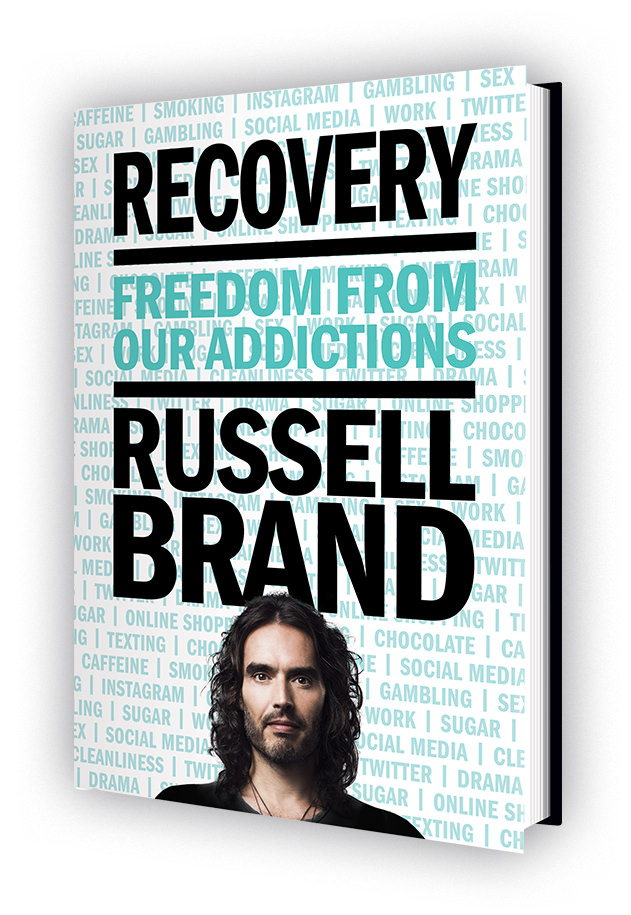 Russell Brand is an addict. That doesn’t define him, but it is what he identifies as, and what he has to remind himself of every single day.
Russell Brand is an addict. That doesn’t define him, but it is what he identifies as, and what he has to remind himself of every single day.
Most of us would know Brand as the eccentric comedian and movie star with the slightly annoying Cockney accent. But his new book, Recovery: Freedom from our addictions, tells the story of the real Russell Brand, the man behind the image, and the one whose life was a complete mess until 14 years ago.
Identifying as a drug addict, alcoholic, sex addict, and as having various other addictions, this book reveals Brand as humble, brutally honest and a man revelling in the new life that has resulted from him vigorously living out the !2 Steps every day of his life since he came into recovery in 2002.
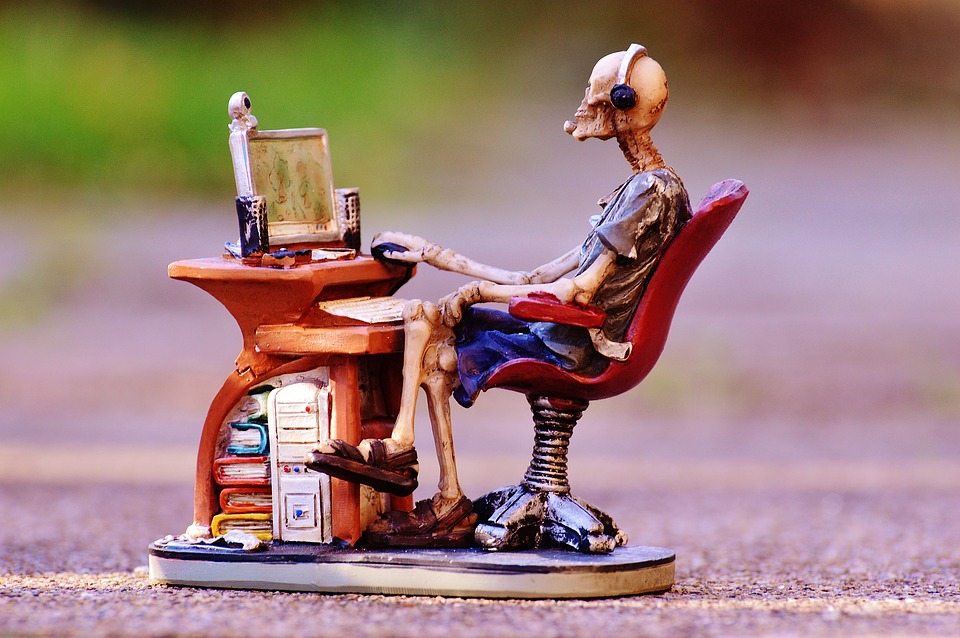 I’ve just finished listening to Russell Brand’s new book, Recovery: Freedom From Our Addictions, and it’s got me thinking.
I’ve just finished listening to Russell Brand’s new book, Recovery: Freedom From Our Addictions, and it’s got me thinking.
Russell is a very astute social commentator as well as a quite eccentric comedian, and his take on the influences on our society is quite profound.
What struck me as I listened to his book was the extent to which our culture is a breeding ground for addiction.
Russell Brand would know. He self-defines as a drug addict, alcoholic, sex addict and as having various other addictions that pretty much wrecked his life. Drugs were his main form of addictive behaviour and he is now 14 years clean.
In his book, Brand talks a lot about how we live in a society that bombards us daily with the message that we can be happy filling our lives with externals, whether they be the more obvious addictions like the ones Brand has struggled with, or the more subtle and acceptable ones like consumerism and the obsession of fitting as many experiences into our lives as possible.
In truth, we all have addictive patterns of thinking and behaviour. We all use externals to fill our lives with things designed to make us feel better. Franciscan priest, Richard Rohr calls these our programs for happiness.




